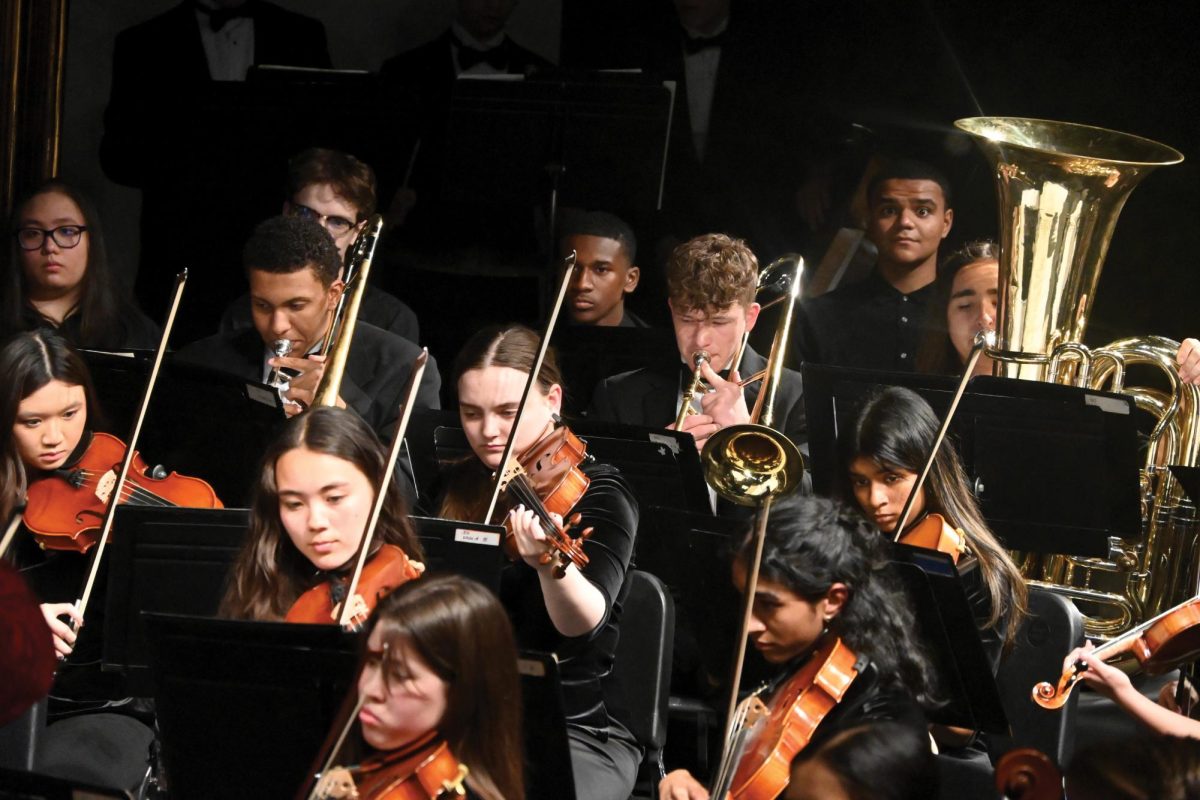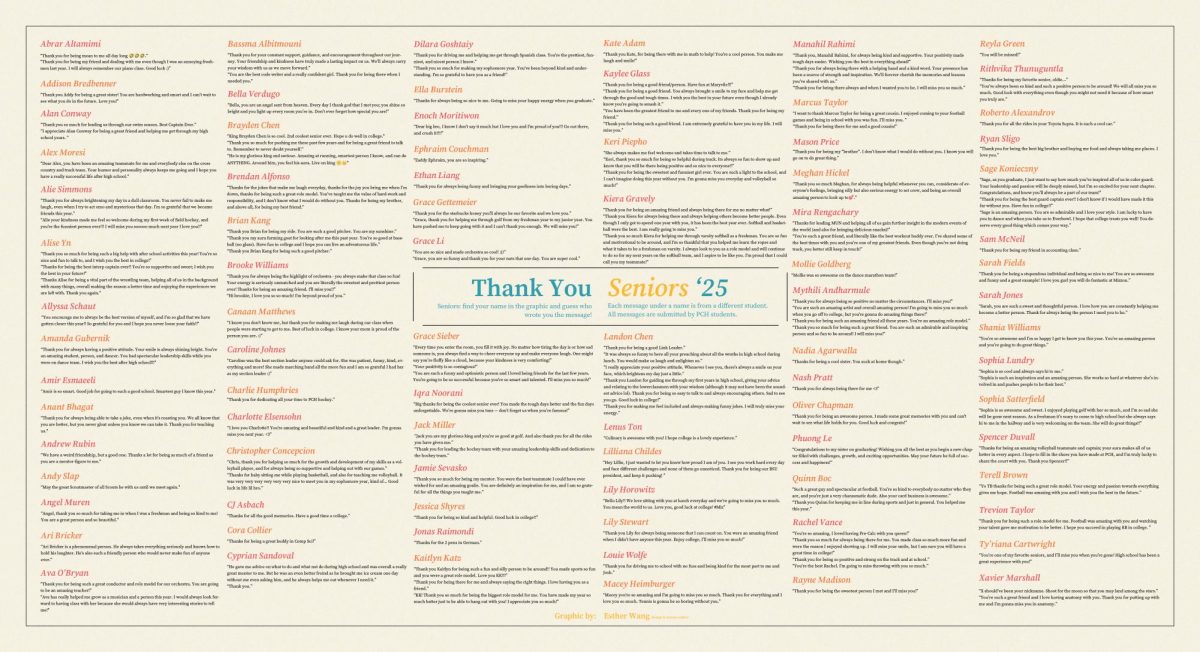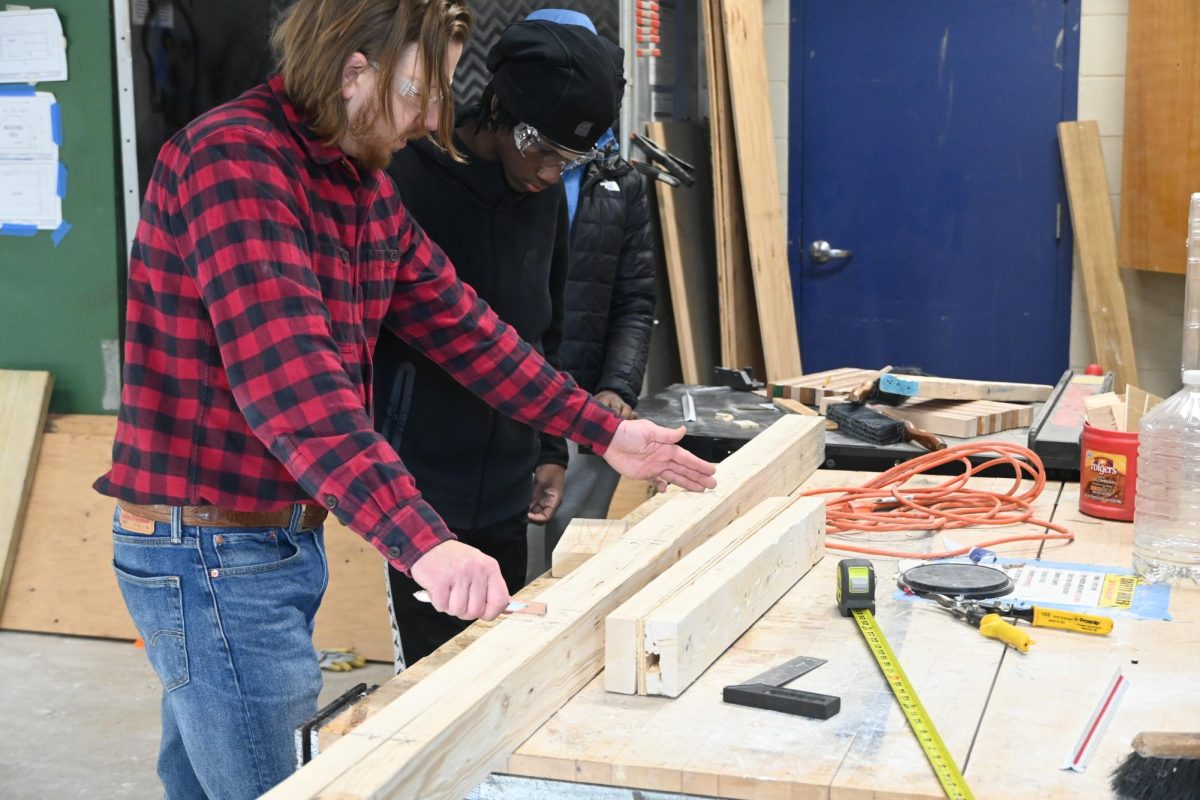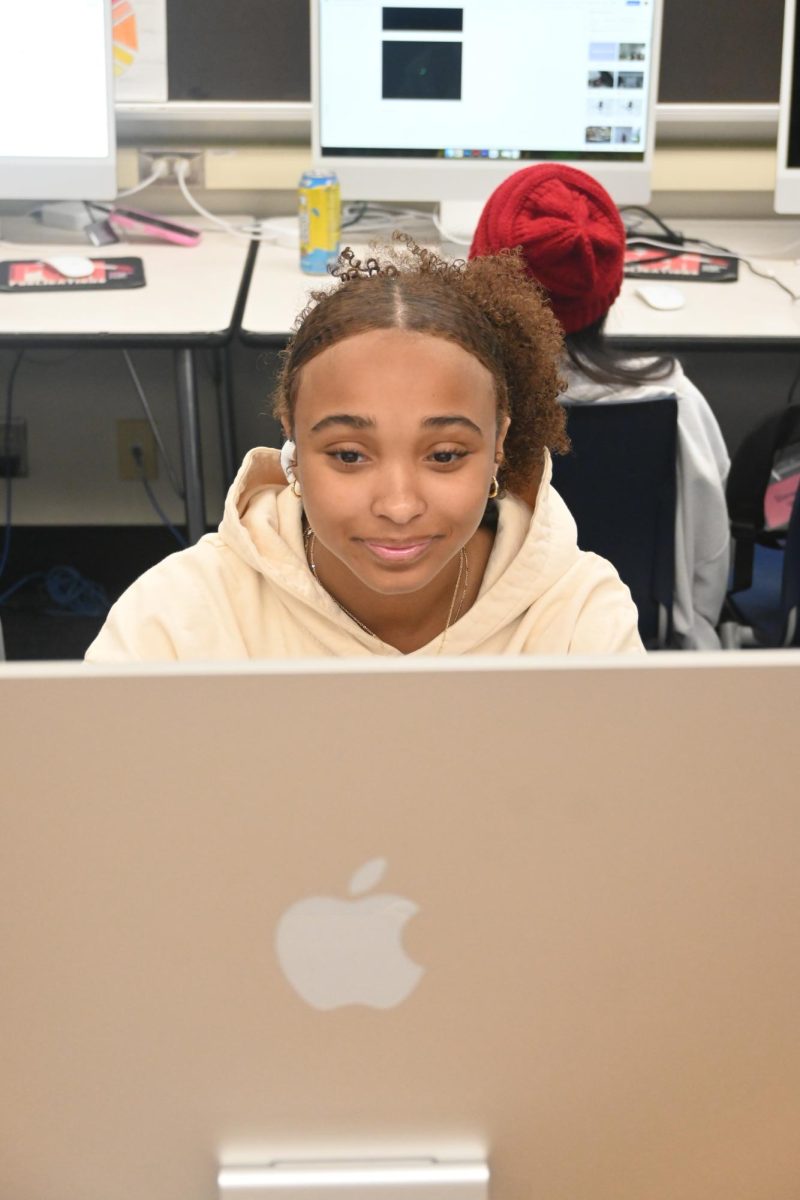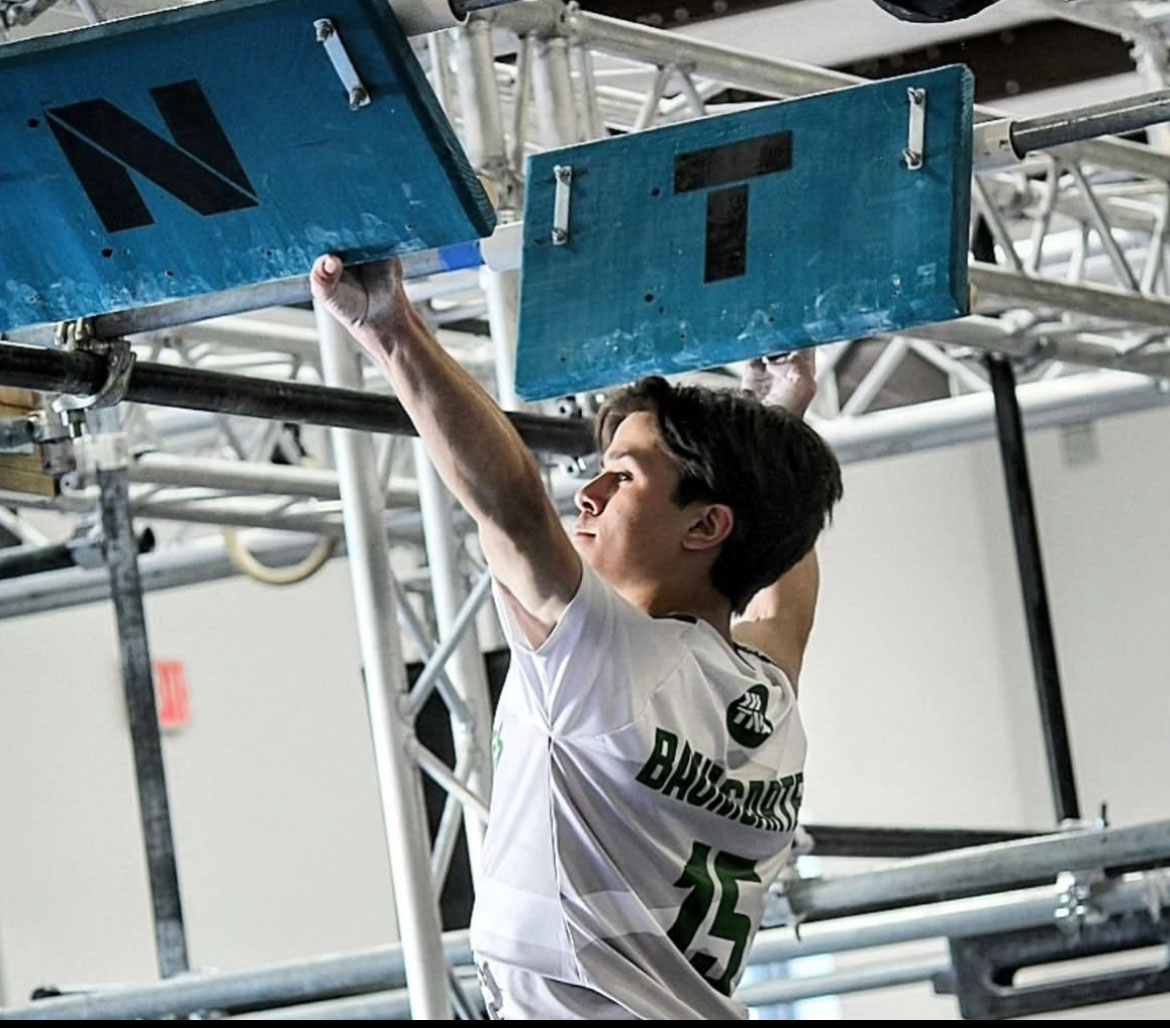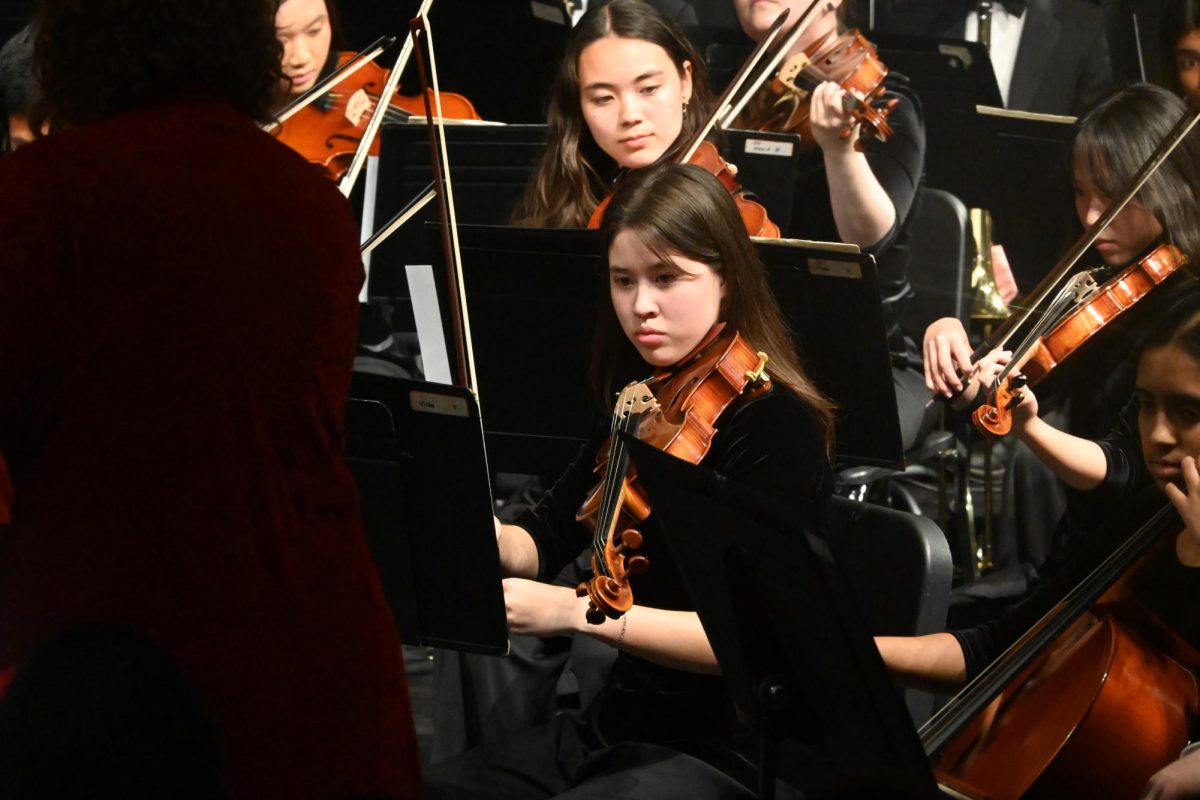The events in Ferguson have not only sparked a protest and reactions from students but have reintroduced the issue of stereotyping in schools.
“I would say racial issues are a stereotype of a certain way you would act,” senior Khahlil Stith said. “We would not understand certain material because we are African-American…it’s more of a surprise like ‘Oh, I’m shocked that he got that.’”
 Depending on their race, students tend to be stereotyped by the assumptions that their teachers and peers make about what they can accomplish in school. Parkway’s Director of Diversity and Pupil Personnel Ms. Charlotte Ijei said students face various expectations as a result of race.
Depending on their race, students tend to be stereotyped by the assumptions that their teachers and peers make about what they can accomplish in school. Parkway’s Director of Diversity and Pupil Personnel Ms. Charlotte Ijei said students face various expectations as a result of race.
“African-American students may not be able to learn at the same rate as their white counterparts, that would be a stereotype,” Ijei said. “Another stereotype that can be hurtful for Asian students is to assume that they are all smart in math and science, and they may not be.”
Junior Madeline Finkelstein, a white student, has also noticed presumptions placed on her and others in honors and accelerated courses.
“People think you think you’re smarter than everyone else because you’re taking harder classes,” Finkelstein said. “The truth is I’m taking harder classes because I want to challenge myself, not because I think I’m smarter than anyone else.”
These stereotypes can have an effect on a student’s attitude toward school, along with their achievements. Ijei explained philosopher Claude Steel’s concept of “stereotype threats,” which she described as when a person of color is thought of as being less smart or less able to do well, that can have a negative effect their accomplishments.
“Sometimes people of color tend to buy into the stereotype — believe it themselves — and that’s why they don’t achieve as well in school sometimes,” Ijei said. “Because after all they’re not supposed to achieve, people don’t think they can achieve, and if they buy into that stereotype, that is considered a stereotype threat.”
While assumed racial profiles change the way students are treated, Stith notes they don’t completely taint his learning atmosphere.
“School is a friendly environment, but that’s one of the major stereotypes, underestimating,” Stith said.
Despite the many assumptions that are made, there has been some progress in the area.
“We’re working on it,” Ijei said. “It’s not as prevalent in Parkway, at least the thinking in itself is not as prevalent anymore.”
In reference to the recent events in Ferguson, Ijei thinks the main problem in schools is that the issues are not being discussed enough.
“When it comes to the Ferguson incident, it hurts our African-American students not to be able to have that conversation,” Ijei said. “It’s also hurting our white students to not have that conversation.”
According to Ijei, ignoring the situation or failing to mention it has just as much of an effect as mentioning it would.
“Silence is not neutral,” Ijei said. “Silence does more harm than good, so when we’re silent about a situation and don’t talk about it, there must be something negative about that situation.”
In an effort to halt the silence, she recommends faculty start the conversation so that every student is able to form their own opinion about the events.
“Teachers need to be facilitators of the conversation,” Ijei said. “It’s just like when we discuss other topics that are controversial in our history books or anyplace else: We teach it, but we cannot necessarily side with either side; teachers need to be facilitators of the conversation.”
Finkelstein echoes the idea that one of the ways to knock down racial barriers would be communication throughout the school.
“People just need to be more open to talking to other people and not see them as their stereotypes, see them as who they are,” Finkelstein said.
Along with Finkelstein’s idea for tearing down stereotypes, Ijei believes that making the issue more known could lead to improvement.
“I think that coming to the table and talking about the issue in Ferguson would be the ultimate goal, and I say that because [the issue] has not gone away, it won’t go away,” Ijei said.


